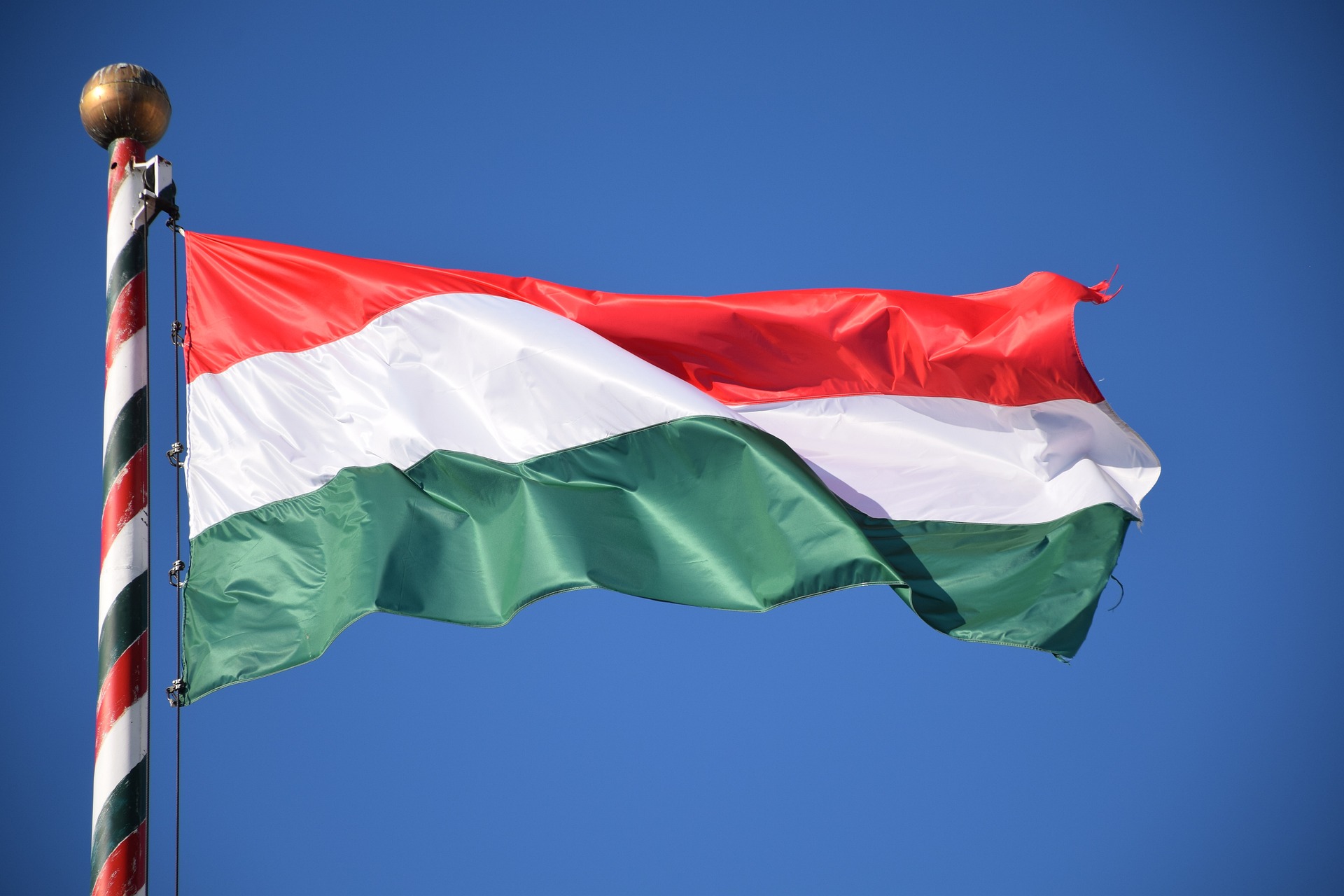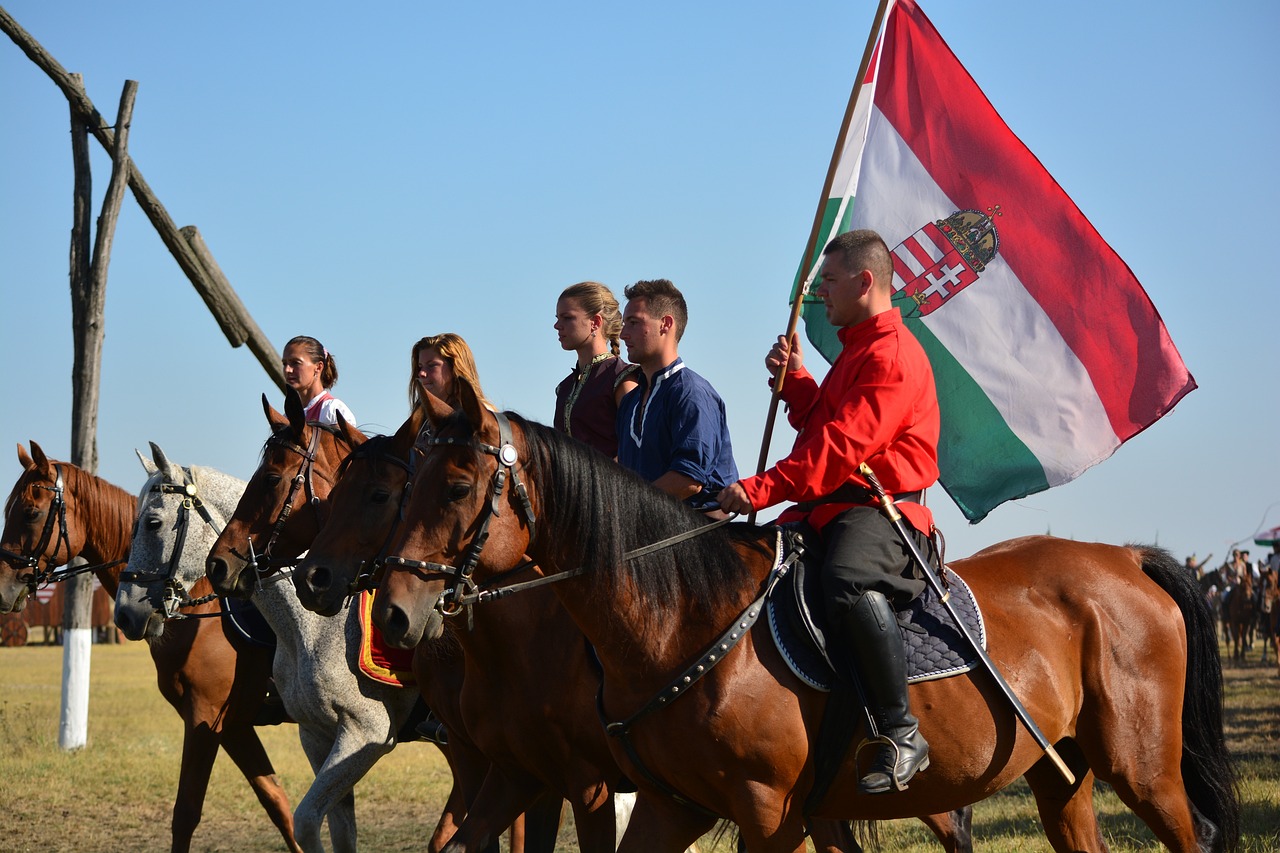
The research has been conducted in 24 countries.Continue reading

The importance of language and tradition in national identity has been examined in 21 countries in a recent Pew Research Center study, which also looked at the role of country of birth, and religion. The former two components were rated as critically important by respondents, while the others were more mixed.
The study shows that political affiliation also plays a large role in the perception of identity components. While there is still a broad consensus on language skills, the perception of traditions is more mixed across countries, reports Index. The authors have also compiled an index based on the four criteria, showing how strict the conditions are in each country for being treated as a full-fledged national. It shows that integration is the most difficult in Indonesia and the least challenging in Sweden.
Among respondents in 21 countries, the mean score was 91% in the affirmative for the importance of knowing the dominant language in the country.
Indonesia, the Netherlands, and Hungary (all 96%) also ranked above this, while Japan, Israel (80-80%), and the United States (78%) ranked below.
In terms of traditions and customs, the median was only 81%, and respondents were much more divided. Here again, Indonesia came out on top (95%), while
among the European countries surveyed, Hungary and Poland were found to attach great importance to traditions and customs (both 91 %).
The other extreme is Germany (63%), Sweden (61%) and Israel (58%), with the United States only slightly above 70%.
When asked how important place of birth is for national identity, the median was only 58% in the affirmative. Among the European countries surveyed,
Poland stands out with 84%, followed by Hungary with 66%.
At the other extreme are Germany (30%) and Sweden (19%).
Interestingly, however, country of birth plays a much less significant role compared to the last full survey in 2016. Only in Poland do more people think that this aspect is important, but in comparison,
Hungary had one of the largest drops of 15 percentage points in responses saying that being born in one’s home country is important for identity.
Although the phenomenon is global, it may be worth exploring the issue further, especially in light of the Hungarian government’s anti-immigration policies, writes Index. The case of Hungarians living across the border could be a possible component of this, but it could also be the fact that Hungary’s sports successes are increasingly being achieved by athletes who were not born in Hungary, and these achievements are receiving a lot of media attention.
Moreover, religion is no longer seen by the majority as a prerequisite for national identity. It is an important aspect in African countries in particular, as well as in Indonesia (86%) and Israel (71%).
In Europe, religion is of particular importance for Greeks (61%) and Poles (57%), followed on the continent by Italians (43%) and Hungarians (41%).
The importance of religion is the topic that divided people the most. The gap between the religious and the non-religious was the widest in Greece (58 percentage points), while in Hungary there is a broad consensus on the issue, with a gap of 26 percentage points, the sixth lowest.
This is very similar to Israel, but the difference lies in the fact that 76% of religious people in Israel believe that religion is important for national identity, and 51% of non-religious people think the same. In Hungary, by comparison, the former is 46% and the latter 20%, also meaning that
among non-believers, Hungarians are the most likely in Europe to say that religion is an important part of national identity.
The research has also compiled an index based on this data, showing how strict the boundaries of national identity are, which can also be used to infer the difficulty of integration. The scale ranges from one to four. The highest score is for Indonesia (3.72), followed by African and Latin American countries. In Europe, Poland scored the highest (3.22), followed by Greece and Hungary (both 3.11), with Sweden at the other end of the scale with a score of 2.37.
Via Index, Featured image: Pixabay